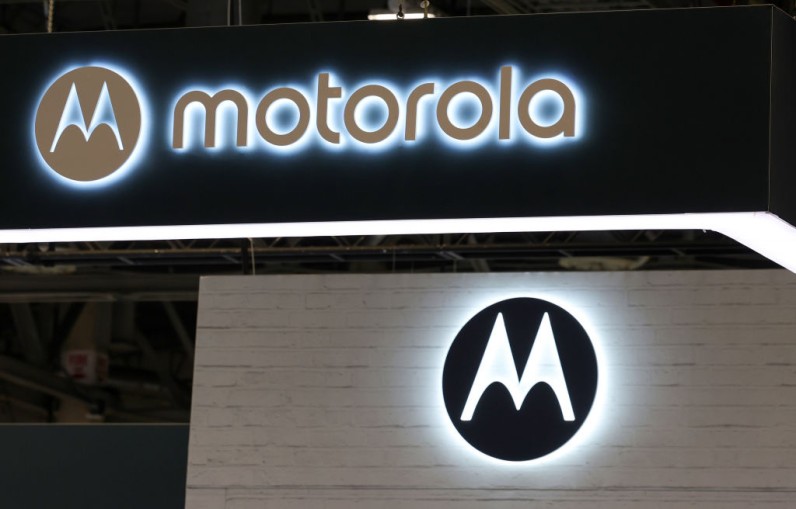
Certain mobile phone models from Lenovo and its subsidiary brand Motorola have been banned in Germany effective immediately due to a patent dispute over wireless hardware.
Talk Android reported that the device both brands have in common is the ability to connect to cellular networks, which are technically called wireless wide area networks (WWAN).
However, a German court recently decided to favor the patent holder of Lenovo's WWAN hardware, which meant that all cellular-enabled devices from the two brands could not be sold in the European country.
Motorola was acquired by Lenovo in 2014 when both companies were making smartphones. Since then, Lenovo has exclusively realigned itself in the tablet and laptop computer market, while Motorola has continued producing mobile devices.
Lenovo's Issues with WWAN Module Licensing
A smartphone must connect to cellular networks through a WWAN module hardware component. However, mobile phone companies did not create WWAN modules; instead, they only used third-party patents to create their own that would fit their manufactured products.
For Lenovo and Motorola's case, the source of their WWAN modules came from a patent owned by a US-based company called InterDigital. The WWAN technology used in several smartphone models from the two brands uses InterDigital patents, for which Lenovo has to pay agreed-upon licensing terms and fees.
According to Phone Arena, InterDigital's patent for its WWAN module was a standard essential patent (SEP), meaning that manufacturers must license it for their products to meet certain standards.
However, no such agreement was made between Lenovo and InterDigital.
Lenovo Loses Legal Battle vs. InterDigital
The tech company claimed it had paid something to InterDigital, but the patent owner believed the price was not reasonable enough. Lenovo responded that the amount InterDigital was asking for was also not reasonable.
Eventually, the dispute was taken to a district court in Munich, in the German state of Bavaria, and the court recently ruled in favor of InterDigital, which triggered the immediate ban on all of its WWAN-enabled devices supporting GSM, UMTS, LTE, and 5G connectivity, including the ones sold by Motorola.
For its part, Lenovo is planning to appeal the ruling but has not specified the details. In the meantime, the company has removed all affected products from their online stores and phased them out from physical store locations in compliance with the court case result.
It also meant that only third-party retailers were allowed to sell Lenovo and Motorola devices in Germany while their current stocks lasted.
Lenovo is also considering settling with InterDigital by paying the latter an acceptable licensing fee to restock its affected devices back into the German market. Until then, German consumers considering buying Lenovo or Motorola devices have been advised to purchase them immediately.







Join the Conversation